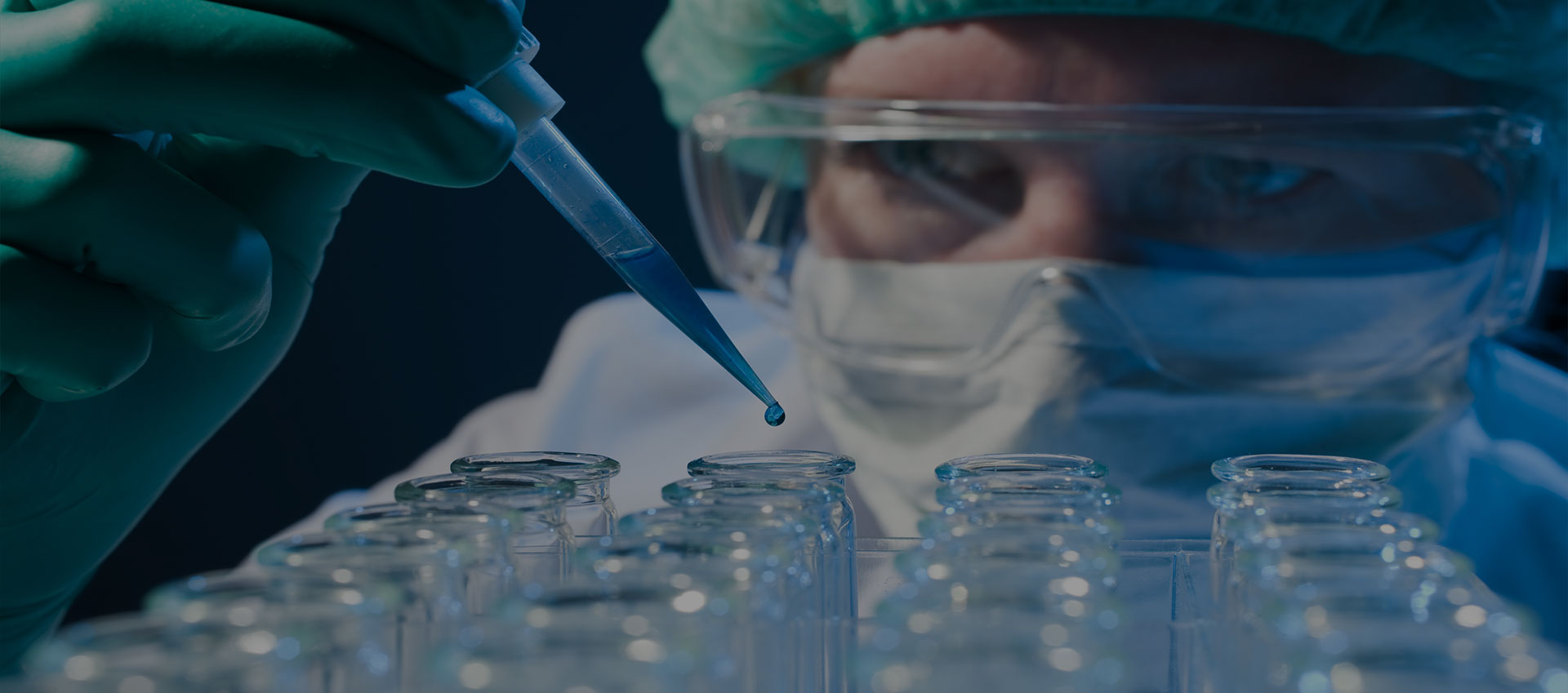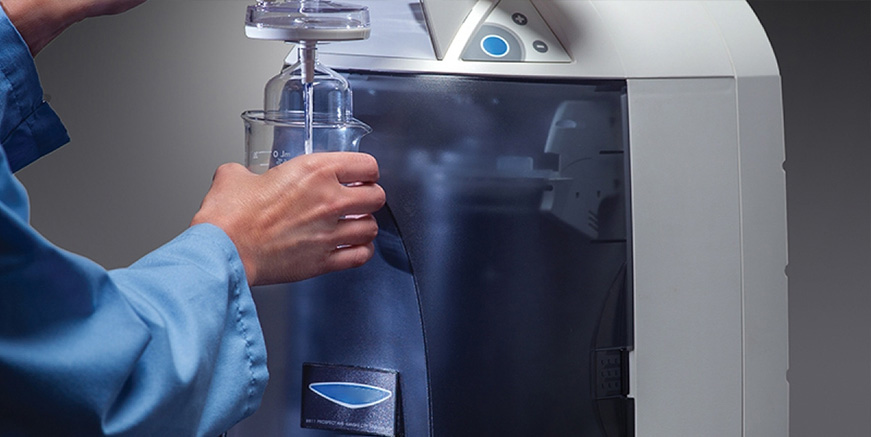
Types Of Purified Water Systems In Pharmaceuticals
One of the most prominent ingredients in any pharmaceutical engineering is water. Water functions as a solvent and material for formulations in many pharmaceutical procedures. Special care and attention must be made to ensure that the water used, fulfils the quality of the standard for pure water. Water is purified to remove dirt and prevent microbes that can cause product contamination.
Water that will be rendered to be purified passed through various types of industrial water purification systems including distillation, filtration, reverse osmosis and ion exchange. However, other appropriate procedures such as ultrafiltration can also be used.
The main source of pure water is drinking water. Thus, feed water must be protected from microbial proliferation. When considering all types of industrial water filtration systems, it is important to consider cleaning on periodic interval because microbes can develop during production, storage, and distribution. Justification for the use of pure water lies in the premise that pure water contains less dense impurities, estimated to be around one per cent, rather than ordinary feed water.

Purpose of pharmaceutical water systems
- Ease validation of all equipment, service kits and, spare parts.
- Maintain water quality within acceptable limits
- Minimize plant and equipment expenditures and business expenses
- Deliver water to the points at the required flow and temperature
There are three types of industrial water filtration systems that are mainly used in pharmaceutical manufacturing is as follows:
- Ion Exchange
- Reverse Osmosis (RO)
- Distillation
Ion Exchange
The ion exchange is one of the most desirable pure water treatments. It involves the separation of unwanted ions dissolved in water and exchanging ions with the desired. Therefore, this water treatment technology focuses on changing the composition of ions in the desired direction. Because of easy operation, minimal maintenance, ion-exchange methods are mostly used at pharmacies as a type of pure water system.
Reverse Osmosis (RO)
Reverse osmosis (RO) requires pressure on the solution concentrated in the osmosis process, thus disrupting the natural osmotic flow. As a result, water began to flow from more concentrated into a less concentrated solution. It is strongly recommended that the RO system used for pharmaceutical manufacturing is designed for bacterial control.
Distillation
Distillation is another type that is widely used in pharmaceutical practice. As a general principle, the distillation of ten to twenty percent must first be discarded because the feed water contains countless volatile substances. The same case applies to the last twenty percent to prevent excessive dryness that will produce solid impurities that pollute previous distillation. Heat is used to boil a liquid mixture containing volatile components. Then, condensation is used to recover steam.
Water purification method is used in pharmaceutical procedures is intended to achieve particular chemical purity levels to prevent contamination of pharmaceutical products. Through various types of pure water systems including; the exchange of ions, distillation and reverse osmosis, the pharmacy is able to remove solid impurities from ordinary drinking water.
Demineralized water or deionized water and distilled water is used in the manufacture of pharmaceutical and cosmetic products to control the quality and safety of products. Different methods produce demineralized water for different uses, flushing, and cleaning will reverse osmosis or deionization while the formulation usually uses distilled water. In RHOMBUS PHARMA PVT LIMITED we use high quality DM water to maintain quality of liquid products that’s why Rhombus Pharma Pvt.Ltd is one of the best PCD franchise pharma company in Ahmedabad, Gujarat, India.


